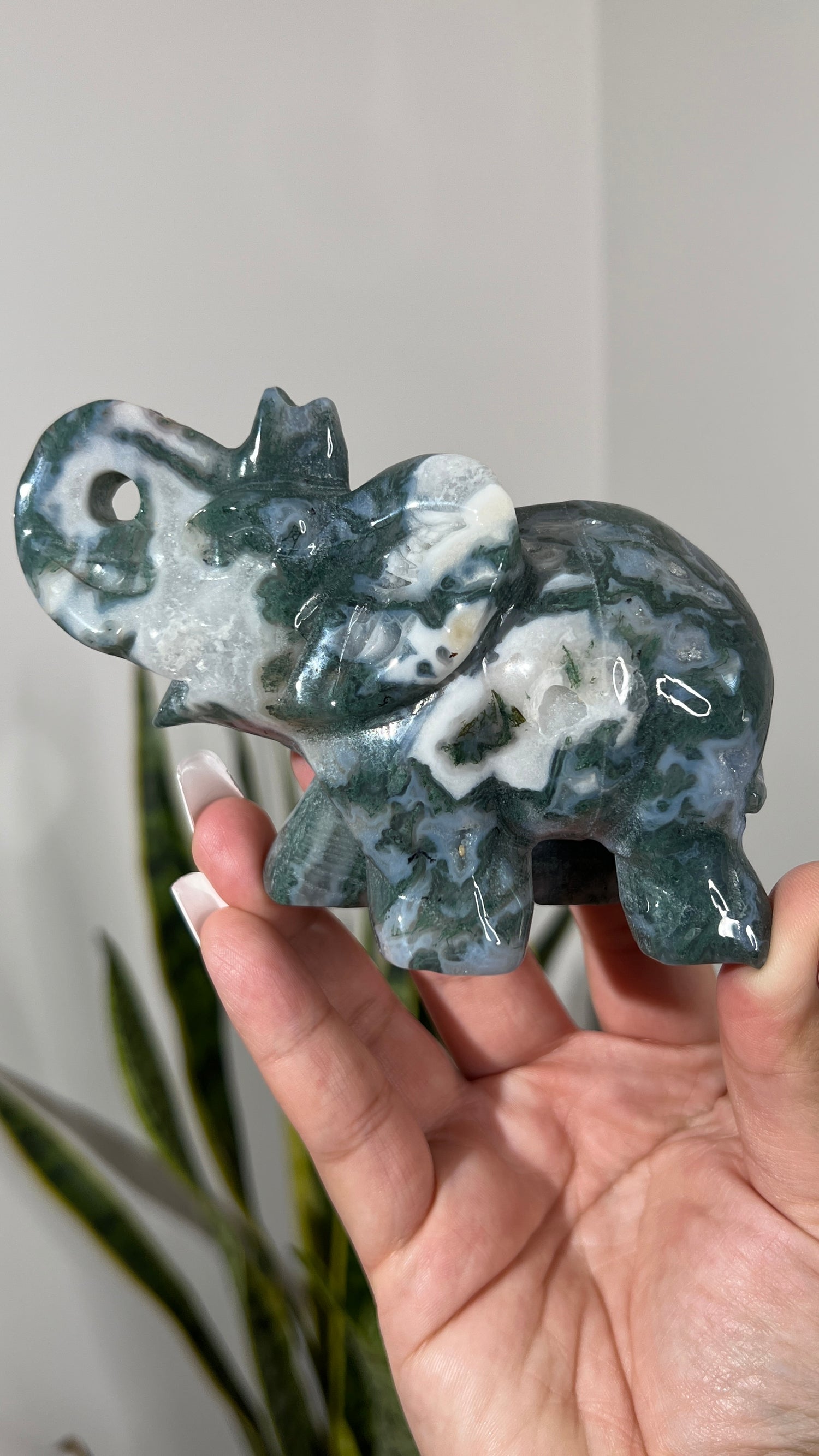I guide individuals on a transformative journey of self-discovery and spiritual growth, incorporating the supportive elements of crystals and rituals.

Hey! I'm Kelsey Indigo: survivor, seeker, and relentless explorer of the human spirit.
Following the devastating loss of my partner in my early 20s, I was constantly in search of something or someone to lift me up and bring happiness into my life. It took years of setbacks, heartbreaks, and a defeated spirit for me to understand that everything I was in search of needed to be unlocked from within. Crystals were my gateway into self-improvement and spirituality, but I had to ignore their "meanings" and develop my own methods for using them in order to actually witness their magic. Over the past 10 years, I've grown from succumbing to self-doubt and accepting less than I deserve to being crystal clear on my values, strengths, and purpose in life. Through a commitment to self-discovery and spiritual growth, I've manifested a life I adore: confidence, a healthy inner narrative, a purpose-driven business, a beautiful family, and most importantly an unwavering relationship with God—who put it in my spirit to help illuminate the path for others, because we all deserve to live a life rooted in love and happiness.
Core Principles
-

Committing to self-discovery and awareness to make intentional choices and build confidence
-

Adapting to the ever-changing landscape of life by improving mental and emotional resilience
-

Utilizing crystals and rituals in order to create healthy habits and connect with a higher power
— A Podcast That Takes You Beyond Crystals —

Listen on Apple and Spotify
Quartz and Courage with Kelsey Indigo
I believe that crystals can be a major gateway to a happier life but simply collecting them isn't enough to rear real results. Deep inner work, a commitment to overall wellness, and the courage to confront yourself are key. Quartz and Courage is where I candidly speak on personal experiences and share the lessons I'm learning while navigating life and diligently trying to avoid negative self-talk, laziness, fear, and toxic energy. If you're a true spiritual seeker who's on a path of self-discovery (or hope to become one), this podcast is for you!
Find Your Next Beautiful Crystal
Unsure about which crystals to choose and how to incorporate them into your daily life? I can help.

Personalized Crystal + Ritual Recommendation
With my personalized recommendation service, you'll complete a brief questionnaire about your lifestyle and goals, and I'll recommend at least two crystals I think will help you deepen your self-discovery journey. Additionally, based on your lifestyle, I will recommend at least two ways you can try incorporating crystals into your life to ensure your goals and intentions stay top of mind.
Blog Posts
View all-
Recognizing Your Limits: Navigating Emotional D...
Friendship is a beautiful aspect of life, where we share joys, triumphs, and challenges with those closest to us. However, there are moments when being a supportive friend can become...
Recognizing Your Limits: Navigating Emotional D...
Friendship is a beautiful aspect of life, where we share joys, triumphs, and challenges with those closest to us. However, there are moments when being a supportive friend can become...
-
Don't Worry About Crystal Meanings
If you’ve ever visited your local crystal shop or spent time Googling crystals, its highly likely that you’ve been down a rabbit hole of trying to figure out which exact...
Don't Worry About Crystal Meanings
If you’ve ever visited your local crystal shop or spent time Googling crystals, its highly likely that you’ve been down a rabbit hole of trying to figure out which exact...
-
How to Smoke Cleanse Your Crystals
You can cleanse your crystals in many ways, and smoke cleansing is one of the most popular because it is fairly simply to do and carries several elements including earth...
How to Smoke Cleanse Your Crystals
You can cleanse your crystals in many ways, and smoke cleansing is one of the most popular because it is fairly simply to do and carries several elements including earth...












